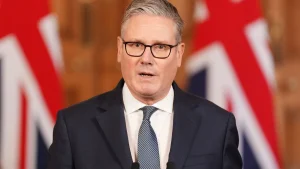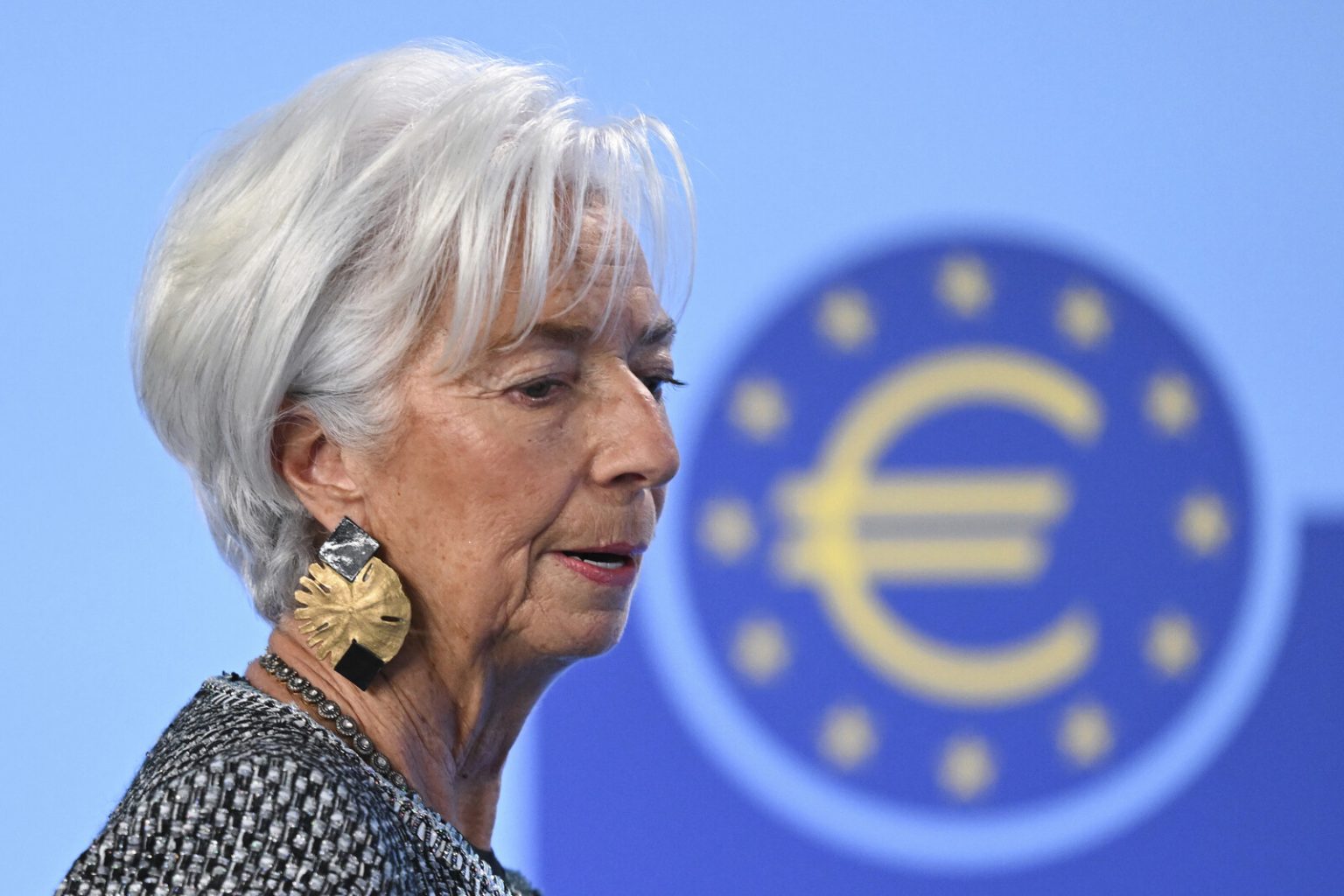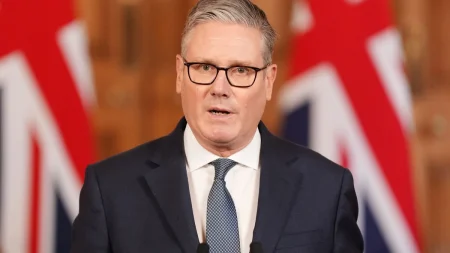Christine Lagarde, President of the European Central Bank (ECB), has cautioned Europe to brace itself for potential tariffs from the United States, echoing concerns about rising trade tensions between the two economic giants. Speaking to CNBC at the World Economic Forum in Davos, Lagarde emphasized the need for proactive preparation and foresight within Europe to effectively counter any forthcoming trade restrictions imposed by the US. Her remarks followed pronouncements by then-US President Donald Trump, who hinted at potential tariffs against the EU, accusing the bloc of unfair trade practices. While Trump remained vague about the specifics of these potential tariffs, Lagarde anticipates them to be ”selective” rather than a blanket application.
The specter of transatlantic trade disputes underscores the complex and often volatile relationship between the US and the EU, particularly under the Trump administration. Historically, the two entities have enjoyed a robust trading partnership, but disagreements over trade imbalances, regulatory standards, and industrial subsidies have periodically strained the relationship. Trump’s ”America First” policy further exacerbated these tensions, with his administration often viewing trade through a zero-sum lens and prioritizing domestic industries over international cooperation. The potential imposition of tariffs represents a significant threat to the economic stability of both the US and the EU, with the potential to disrupt supply chains, increase prices for consumers, and diminish overall economic growth.
Lagarde’s call for preparedness reflects the understanding that trade disputes can have far-reaching consequences. Preparing for potential tariffs involves a multi-pronged approach, including diversifying trading partners, strengthening internal market mechanisms, and developing strategies to mitigate the impact on affected industries. Diversification reduces reliance on the US market by exploring and expanding trade relationships with other countries. Strengthening the internal market ensures the efficient flow of goods and services within the EU, reducing dependence on external trade. Finally, targeted support for industries likely to be hit hardest by tariffs, such as the automotive and agricultural sectors, can cushion the blow and prevent widespread economic disruption.
The potential implications of US tariffs on the European economy are significant. Increased import costs can lead to higher prices for consumers, reducing purchasing power and potentially slowing down economic growth. Export-oriented industries face the challenge of reduced access to the US market, potentially leading to job losses and decreased investment. Furthermore, trade disputes can create uncertainty and volatility in financial markets, impacting investment decisions and potentially triggering wider economic instability. The interconnected nature of the global economy means that trade disruptions in one region can have ripple effects across the world, affecting international trade flows and potentially contributing to global economic slowdowns.
Alongside the threat of tariffs against the EU, Donald Trump also indicated the possibility of imposing tariffs on other trading partners, including neighboring countries Mexico and Canada, as well as China. This broader approach to trade policy reflects the Trump administration’s focus on renegotiating trade deals that it perceived as unfair to the US. The potential for multiple trade disputes occurring simultaneously raises concerns about the stability of the global trading system and the potential for escalating trade wars. Such scenarios can lead to a decline in international trade, increased protectionism, and a fragmentation of the global economy, ultimately harming economic growth and prosperity worldwide.
In the context of these potential trade disruptions, Lagarde’s emphasis on preparedness and foresight is crucial. The European Union must adopt a proactive and strategic approach, anticipating potential scenarios and developing appropriate responses. This includes not only mitigating the negative impacts of tariffs but also exploring opportunities to strengthen its internal market, diversify its trading relationships, and promote a rules-based international trading system. By focusing on resilience and adaptability, Europe can navigate the challenges posed by potential trade disputes and ensure its continued economic stability and prosperity.














